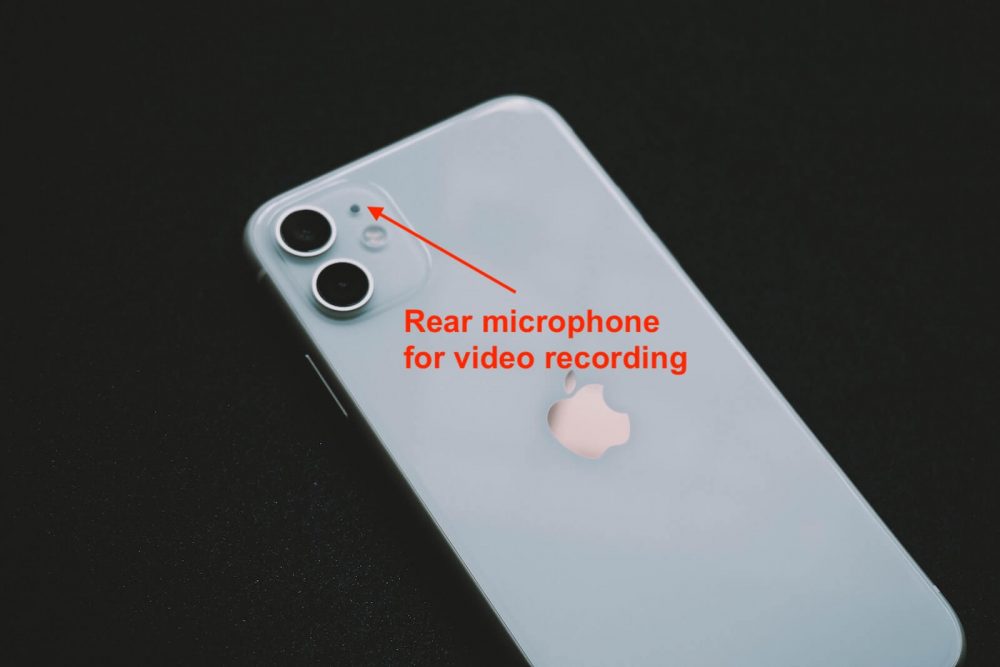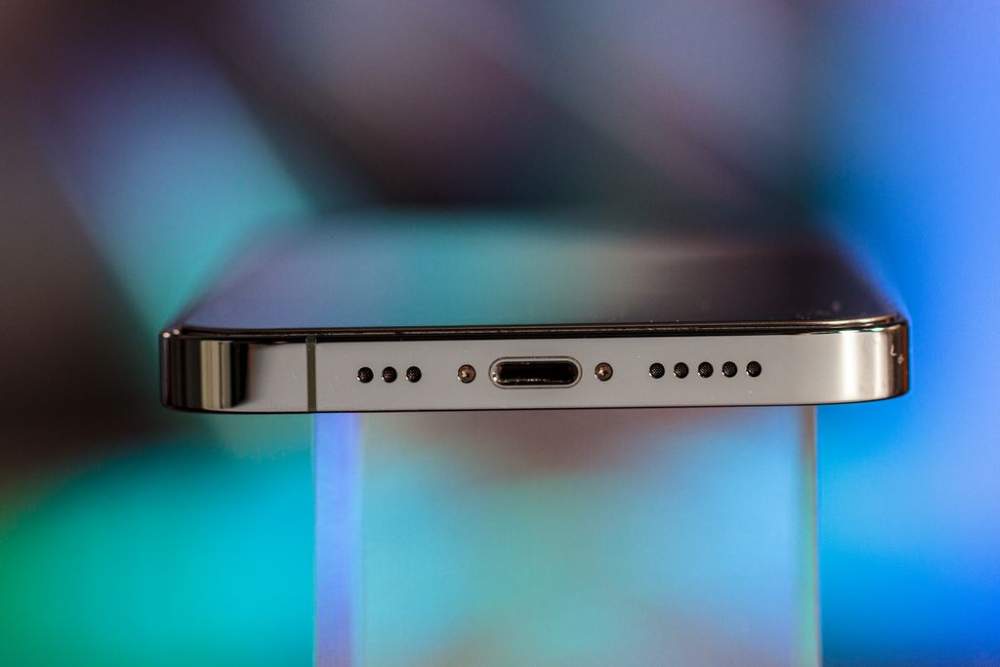Are iPhones intrinsically safe? This is a question that many users ponder, especially with the vast array of personal information stored on these devices. But fear not! In this article, we will delve into the safety measures and features that make iPhones reliable companions in the digital age. From advanced encryption technologies to secure app environments, Apple has gone to great lengths to ensure your data remains protected. Join us as we explore the intricacies of iPhone security and provide you with peace of mind in an ever-connected world. Let’s dive in!
Table of Contents
- 1 Are iPhones Intrinsically Safe?
- 2 Frequently Asked Questions
- 2.1 1. Are iPhones designed to be intrinsically safe?
- 2.2 2. Can iPhones be used in hazardous environments?
- 2.3 3. Do iPhones have any built-in safety features?
- 2.4 4. Are there any third-party cases or accessories that can make iPhones intrinsically safe?
- 2.5 5. What does it mean for a device to be intrinsically safe?
- 3 Final Thoughts
Are iPhones Intrinsically Safe?
In today’s digital age, smartphones have become an integral part of our lives. With their advanced features and capabilities, they have revolutionized the way we communicate, work, and access information. One of the most popular smartphone brands is Apple’s iPhone, known for its sleek design, user-friendly interface, and innovative technology. However, with increasing concerns about privacy, security, and device safety, it’s important to ask the question: are iPhones intrinsically safe?
The Built-in Security Features of iPhones
Apple has always emphasized the importance of security and privacy for its users. iPhones come equipped with several built-in security features that are specifically designed to protect the user’s data and prevent unauthorized access. These features include:
- Secure Enclave: iPhones have a dedicated chip called the Secure Enclave, which provides a secure foundation for various security features such as biometric authentication (Touch ID or Face ID) and encryption.
- Biometric Authentication: Touch ID and Face ID are advanced biometric authentication methods that enable users to unlock their iPhones securely and authorize sensitive actions such as making payments.
- Encryption: All data stored on an iPhone is automatically encrypted, ensuring that even if someone gains unauthorized access to the device, they won’t be able to read the data without the encryption key.
- Two-Factor Authentication: Apple offers two-factor authentication as an extra layer of security. This feature requires users to verify their identity using a trusted device or phone number when signing in to their Apple accounts.
- App Store Review Process: Apple’s strict app review process helps to ensure that the apps available on the App Store are free from malware and other security threats.
These built-in security features provide a strong foundation for keeping iPhones secure and protecting user data.
App Security and Privacy
While iPhones come with robust built-in security features, the security of the device also depends on the apps installed on it. Apple has implemented various measures to ensure the security and privacy of apps on iPhones:
- App Sandbox: Apps on iPhones are isolated from each other and the underlying operating system through an app sandbox. This prevents malicious apps from accessing sensitive data or interfering with other apps.
- App Tracking Transparency: In iOS 14.5 and later versions, Apple introduced App Tracking Transparency, which gives users more control over app tracking and requires apps to obtain explicit user consent before tracking their activity across other apps and websites.
- Privacy Labels: Apple requires developers to provide privacy labels for their apps on the App Store, which disclose the types of data collected and used by the app. This empowers users to make informed decisions about the apps they choose to install.
- App Store Guidelines: Apple’s App Store guidelines strictly prohibit apps that engage in harmful activities, violate user privacy, or contain malicious code. This helps maintain a safer app ecosystem for iPhone users.
By implementing these measures, Apple aims to ensure that apps on iPhones adhere to strict security and privacy standards, providing users with a safer experience.
Operating System Updates and Security Patches
Apple regularly releases software updates for iOS, the operating system that powers iPhones. These updates not only bring new features but also include important security fixes and patches. By keeping their iPhones up to date with the latest software updates, users can benefit from the latest security enhancements and protection against emerging threats.
Apple’s commitment to providing timely software updates sets it apart from many Android devices, where software updates can be delayed or inconsistent due to fragmentation across different manufacturers and carriers. This ensures that iPhone users can rely on the latest security patches and fixes to keep their devices secure.
Third-Party Apps and Online Security
While iPhones provide a secure foundation, users must also exercise caution when it comes to third-party apps and online activities. Here are some steps users can take to enhance the security of their iPhones:
- Download Apps from Trusted Sources: Stick to downloading apps from the official App Store, as Apple performs rigorous checks to ensure app safety. Avoid downloading apps from unfamiliar or untrusted sources that may pose security risks.
- Review App Permissions: When installing a new app, carefully review the permissions it requests. Grant only the necessary permissions required for the app’s functionality and be cautious of any apps that request excessive access to your personal data.
- Use VPN for Secure Internet Connections: Consider using a reputable virtual private network (VPN) when connecting to public Wi-Fi networks or accessing the internet from untrusted sources. A VPN encrypts your internet traffic, enhancing your online privacy and security.
- Be Wary of Phishing Attempts: Stay vigilant against phishing attempts that aim to trick you into revealing sensitive information. Be cautious of suspicious emails, messages, or links, and avoid providing personal information unless you are certain of the source’s legitimacy.
- Enable Find My iPhone: Activate the Find My iPhone feature, which allows you to track your device’s location, remotely lock it, or erase its data in case it gets lost or stolen.
Taking these precautions can significantly enhance the overall security of your iPhone and protect your personal information.
The Importance of User Awareness and Education
While iPhones offer strong security features, it is crucial for users to stay informed and educated about potential threats and best practices. Some key points to remember include:
- Regularly Update Apps: Keep your apps up to date, as developers often release updates that address security vulnerabilities.
- Exercise Caution with Public Wi-Fi: Public Wi-Fi networks can be insecure, so avoid accessing sensitive information or making financial transactions when connected to them.
- Use Strong, Unique Passwords: Create strong and unique passwords for your Apple ID and other accounts to prevent unauthorized access.
- Enable Two-Factor Authentication: Enable two-factor authentication for your Apple ID to add an extra layer of security to your account.
- Backup Your Data: Regularly back up your iPhone’s data to iCloud or a computer to ensure you don’t lose important information in case of device failure or loss.
By staying aware and following these best practices, users can make the most of the security features offered by iPhones and minimize the risk of potential threats.
In conclusion, iPhones are designed with a strong focus on security, privacy, and user safety. From the built-in security features to the rigorous app review process and regular software updates, Apple has taken significant measures to ensure that iPhones are intrinsically safe. However, it is essential for users to actively contribute to their own device security by practicing good digital habits, staying informed about potential risks, and following recommended security practices. By doing so, users can enjoy the benefits of their iPhones while keeping their personal information secure.
Frequently Asked Questions
1. Are iPhones designed to be intrinsically safe?
iPhones are not specifically designed to be intrinsically safe devices. However, they do comply with various safety standards and regulations to ensure user safety.
2. Can iPhones be used in hazardous environments?
No, iPhones are not certified for use in hazardous environments. They are consumer electronics devices and are intended for use in typical everyday settings.
3. Do iPhones have any built-in safety features?
iPhones have several built-in safety features, such as thermal management systems to prevent overheating, battery protection mechanisms, and software safeguards to ensure stable and secure operation. However, these features do not make them intrinsically safe.
4. Are there any third-party cases or accessories that can make iPhones intrinsically safe?
While there are companies that offer ruggedized cases or accessories claiming to enhance the safety of iPhones in certain environments, it’s important to note that adding such accessories does not make the device intrinsically safe according to recognized safety standards. These accessories may provide additional protection against drops, shocks, or water, but they cannot guarantee intrinsically safe operation.
5. What does it mean for a device to be intrinsically safe?
An intrinsically safe device is designed to prevent the occurrence of sparks, arcs, or excessive heat that could potentially ignite flammable gases, vapors, or dust in hazardous environments. These devices go through rigorous testing and certification processes to ensure they meet the required safety standards for specific hazardous areas.
Final Thoughts
In conclusion, the question of whether iPhones are intrinsically safe can be answered with confidence. iPhones are designed with essential safety features and adhere to stringent standards to ensure user protection. The incorporation of robust security measures, such as biometric authentication and encrypted data storage, adds an extra layer of protection for sensitive information. Additionally, regular software updates and dedicated security teams work tirelessly to address vulnerabilities promptly. When it comes to prioritizing user safety, iPhones stand firm. Therefore, if you are seeking a safe and secure smartphone, iPhones are a dependable choice.


